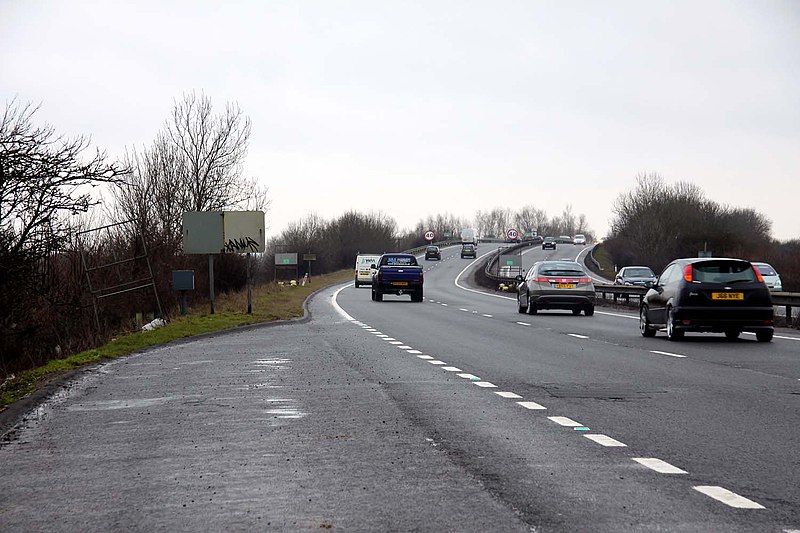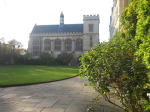
Oxford University is facing severe backlash for its decision to cut down nearly 100 trees in a village without providing advanced warning to the local community. The university has been
removing 90 poplar trees, which serve as a crucial noise barrier along the A34, between the villages of Wolvercote and Wytham.
The university claims that the trees were felled to protect the biodiversity of a site considered to be of scientific interest. However, residents were taken aback by the sudden action, as they had not received any prior notification or communication from the university regarding the tree removal.
Local resident Steven Robinson expressed his dissatisfaction, stating that the lack of information from the university was concerning. He mentioned that the tree felling commenced on Monday morning and there has been a continuous presence of tractors in the area since then.
Another resident, who preferred to remain anonymous, criticized the university for disregarding wildlife and highlighted the absence of a proper consultation process.
The poplar trees were situated on university-owned land near the A34. Wolvercote residents pointed out that the noise levels in the area were already exceeding safety limits due to the high volume of traffic on the A34.
Rob Whitty, a resident who initiated a campaign for the installation of an acoustic sound barrier along the road, expressed shock over the news of the tree removal. He emphasized that the poplars played a role in mitigating the noise from the A34, and their removal would exacerbate the noise issue.
In response to the criticism, the University of Oxford stated that the trees being felled were hybrid non-native poplars and argued that their removal would enhance biodiversity. The university clarified that the decision was made in order to protect the thousand-year-old Site of Special Scientific Interest, which holds local and national importance.
The university spokesperson mentioned that the Forestry Commission and Natural England approved the tree removal. The university is now engaging with the local communities to discuss plans for replanting the affected area with a more suitable tree species.
City councillor Jo Sandelson, representing Wolvercote, demanded an explanation as to why residents were not informed in advance about the tree removal order. Sandelson expressed concern on behalf of the hundreds of people residing near the mill site and Webb's Close, who woke up to the sound of chainsaws and witnessed trees being felled just a few meters away from their homes. She called for National Highways to designate Wolvercote as a Noise Important Area and provide a sound barrier to protect the local population from traffic noise. Photo by Steve Daniels, Wikimedia commons.



































